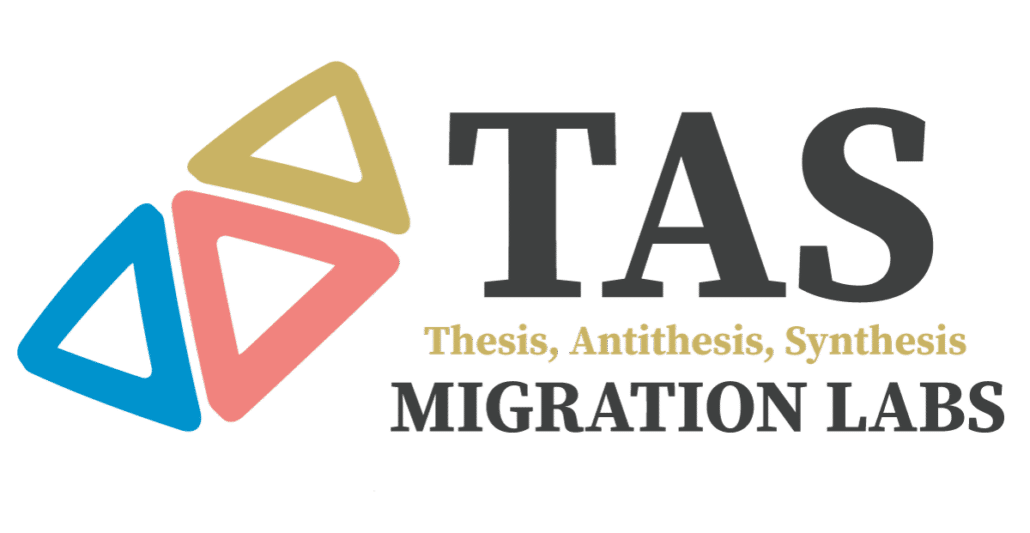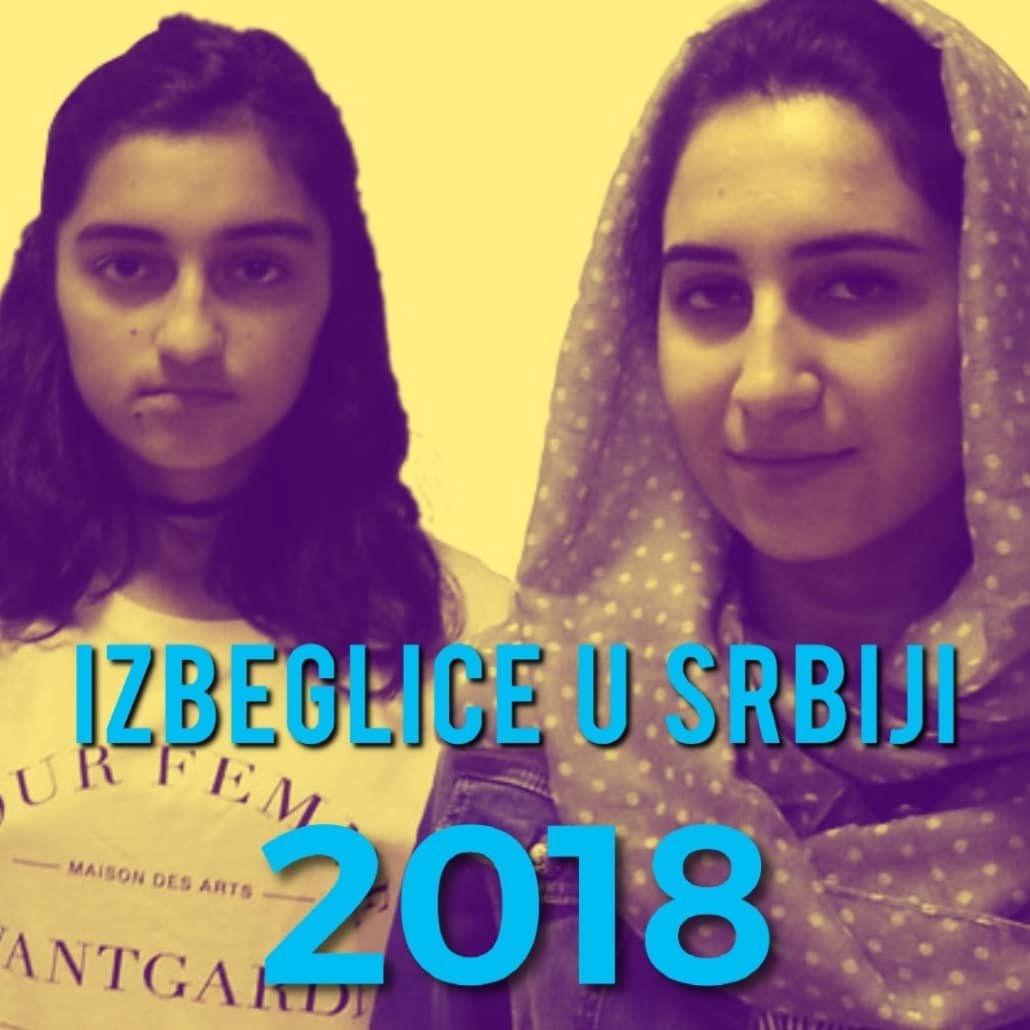Thesis, Antithesis, Synthesis – Migration Labs
We are proud to announce a new international project: TAS – Thesis, Antithesis, Synthesis – Migration Labs! Five project partners from four EU countries and one EU candidate country has launched the TAS – Migration Labs project in the framework of the Measure 2.3 “Civil Society Projects ” of Action 2 “Democratic Engagement and Civic Participation” of the European Union programme “Europe for Citizens”.
A total of 411 projects were submitted for the call of proposals for 2019 Measure 2.3: Civil Society Projects of the programme. Our project is nr. 10 among 29 that received funding.
Project goals, activities and impact
The project intend to bring an impact on the EU Agenda on migration and integration, targeting young beneficiaries, with a direct engagement of stakeholders and policy makers.
Through this project we aim to support EU citizenship principles, and to contribute to the civic and democratic participation at EU level, reaffirming values of solidarity, intercultural dialogue, mutual understanding and combating stereotypes, against minorities in general, and in particular about migrations, migrants and refugees.
We will also be looking at the historical and current times of crises, our experiences when we were refugees and migrants, and when we were the host nations to other refugee groups.
The project activities are mostly directed at young adults, decision makers and other stakeholders from partner countries. The tasks envisage to raise awareness of EU policy-making processes, and to boost opportunities for social and intercultural participation and volunteering.
During the project, we will collaborate with our beneficiaries using an axis-based approach: thesis, antithesis and synthesis, and prepare a recommendation paper that will be presented to the EU decision makers during the final conference in Brussels at the end of the project.
Historical experiences of Serbia
Refugees
Terraforming will particularly work with various aspects of historical experiences of Serbia, from 1930’s when the Jewish refugees were coming to Serbia from Germany and Central Europe fleeing from raising antisemitism and Nazism, over 1940’s when over 215.000 Serb refugees arrived to Serbia from the fascist Independent State of Croatia, to the 1990’s refugee crises during the civil war in Yugoslavia when over 600.000 refugees registered by the UNHCR arrived to Serbia, to the current migration crisis.
There are many Serbian citizens with personal experiences as refugees in Serbia or in other countries. Many of the young people in Serbia are second generation refugees.
Migrants
Also, many Serbian citizens have experiences with immigration and integration in other European countries. Since 1960’s many citizens emigrated temporary or permanently, looking for work, or as professional athletes, or as experts, or for studies, or because they met someone and fell in love, and other reasons. They all have experiences of integration in the new societies, and know a lot about common obstacles, misconceptions and stereotypes on “both sides” of the process.















